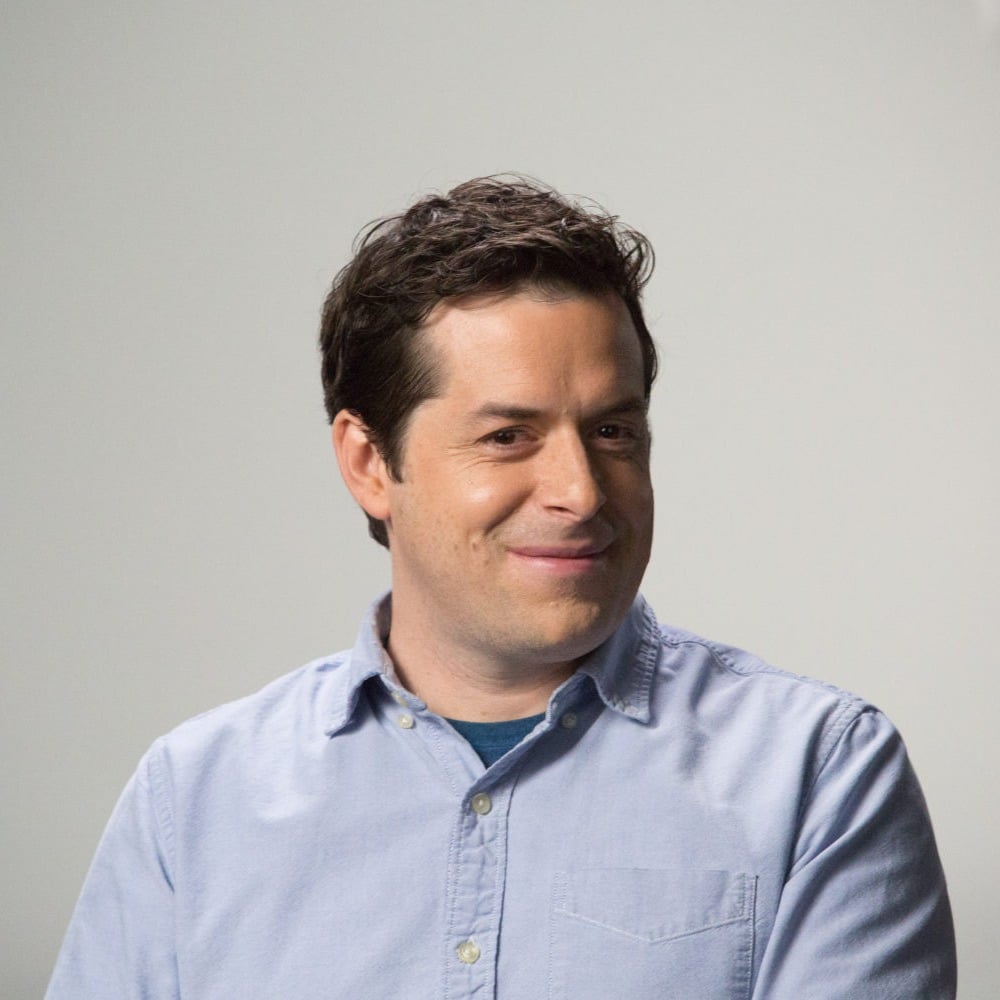There is a famous story about Jesus and a tax collector that tells us something both shocking and surprisingly relevant all these years later. Like today, the world that Jesus lived in was divided and fractured. Lines were drawn. There were allies. And there were enemies. But one day, Jesus crossed over one of those lines and did something that still reverberates today.
Our current context is obviously quite different from the one Jesus lived in. For example, we live on a continent that the ancients didn’t even know existed. We have laptops and rockets. We communicate instantly over great distances and access information on almost any topic with a tap on our phones.
But in most ways, we are the same. We all still need to feel loved and accepted. We still need help understanding people from different backgrounds. And we still struggle to treat others as we would like to be treated. The technologies of our world may have progressed beyond anything the people of Jesus’ day could have imagined. But in the issues of the heart, we are exactly where they were. We have the same needs and the same struggles.
Zacchaeus was a tax collector in Jesus’ day. It was not a well-respected profession, but it was a lucrative one. We don’t know precisely why Zacchaeus chose this particular path in life, but we can imagine at least some of the difficulties this path brought him. Of course, he would have had his financial needs taken care of, but his emotional and social needs would have been another matter.
This job required him to extract unpopular taxes from even friends and family. As a result, his whole community grew to hate him. They even called him a “sinner” (or wrongdoer) for his work in this position. In addition, he worked for the Roman government. A popular movement in his day encouraged people to fight against people like him and evict the Romans from their land. This would have put him at odds with a considerable portion of his community. It would have been difficult to feel emotionally whole when his community had such negative opinions of him.
But Jesus did something that neither Zacchaeus nor his critics expected. Jesus walked into town and invited himself to dinner at this man’s house. Interestingly, when this story was recorded in the Bible, we were not even told what kind of conversation occurred over that meal. Only that it took place.
And I think that’s the point.
The shocking thing wasn’t anything Jesus said. It was that Jesus was willing to publicly express his love and acceptance for a man everyone else hated. And that expression of simple love changed Zacchaeus forever.
Pundits war over how to heal the divides of our country. Debates roar over managing or deleting hate speech from various online platforms. Cultural war issues continue to divide friends, families and communities. What is the solution?
I know such a complicated set of divisions and problems will need complex solutions. But I’m also sure all solutions that have any hope of working will begin in the same place that Jesus did with Zacchaeus.
Zacchaeus was so moved by Jesus’ actions that it completely changed his life. He committed to living a completely different life moving forward from that moment on. That is a complicated and difficult commitment to realize. Quitting a lucrative government job after embittering the entire community against you would not have healed every division in Zacchaeus’s life. The same applies to the strained relationships that are in your life. There will be many complicated parts of the solution to every complex relational and societal problem. But the first step will always be a radical commitment to loving people who are not so easy to love.
Love looks different when we Live Second, precisely because we are following the one who comes First. Jesus loved differently. So should we.

Doug Bender is an I Am Second writer and small groups coach. He developed many of the small group tools found at iamsecond.com and has coached churches, organizations, and individuals to use I Am Second groups to share the message of Jesus with their friends and family. He also works with I Am Second's parent organization, e3 Partners, as a church planter and pastor in countries such as Ethiopia, Colombia, and the US. Doug and his wife, Catherine, have four children: Bethany, Samuel, Isabella, and Jesse.